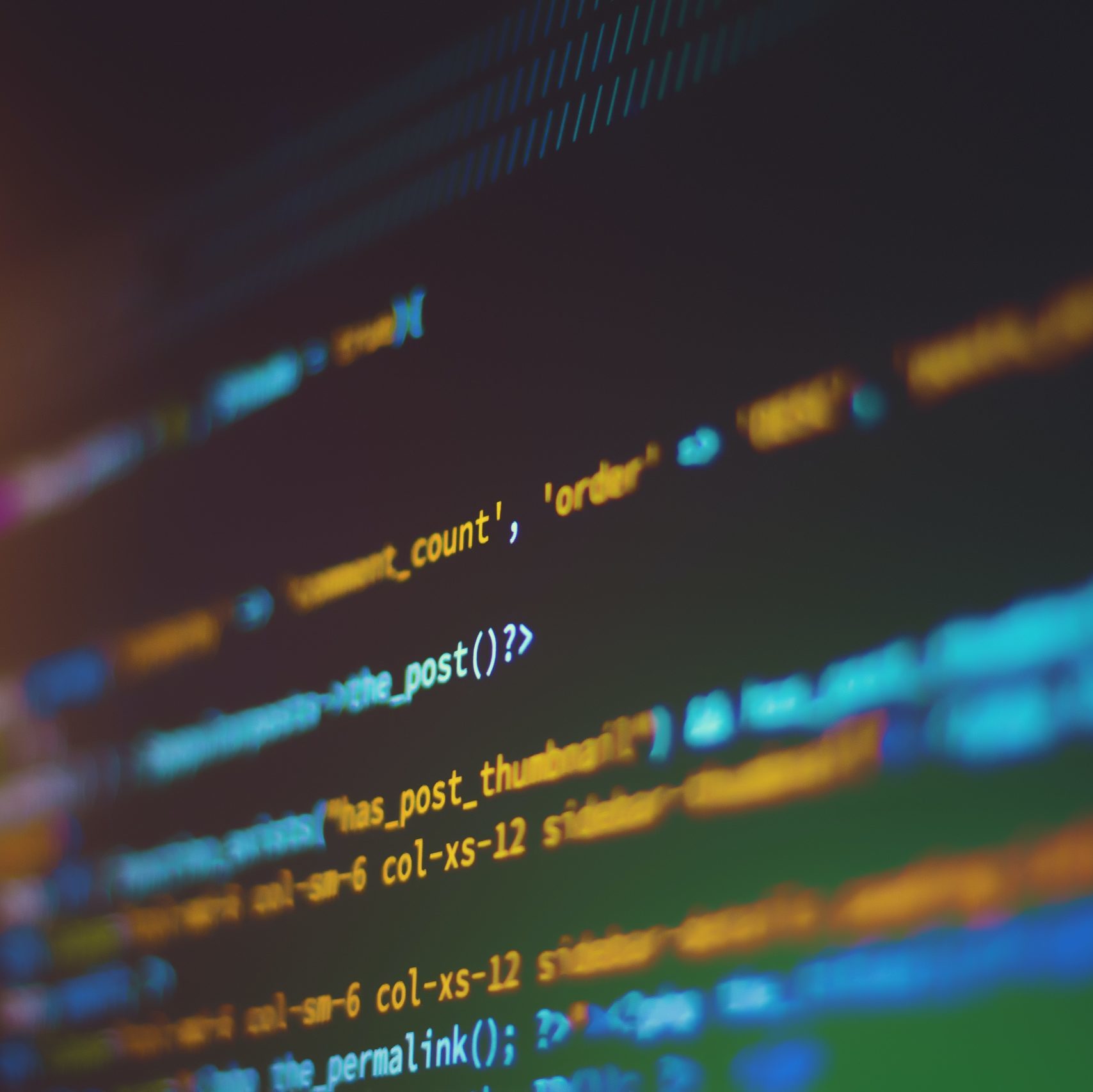Training Objectives
The challenge for biochemical engineers is to design compact and clean processes to efficiently separate instable products, such as recombinant proteins, from dilute complex fermentation broths to the required pharmaceutical degree of purity. Therefore, the quantitative systematic design of integrated downstream processes is the general theme of this Advanced Course. The aim of the course is to provide the tools for the participants to be able to quantitatively and systematically design an integrated downstream process. This course has been organised since 1989.Training Contents
The course starts with an overview of possibilities and problems typically associated with the recovery of bioproducts. Physico-chemical characteristics of the products, as well as the fermentation broth with its multiple contaminants, are discussed in relation to possibilities for selective separation. Using this information, the general structure of large scale industrial processes will be outlined. The thermodynamical basics and biochemical engineering principles will be introduced and developed during the course related to bio-separations. Special attention will be paid to the unit operations typically used in this field of industry. Firstly, various solid-liquid separation techniques and cell disruption will be treated. Particular consideration will be given to the application of major concentration techniques such as extraction, adsorption and membrane separation. Furthermore, the scientific and industrial aspects of purification by means of precipitation and chromatography will be discussed. In addition, the release of intracellular products as well as protein folding in industrial protein processes will be discussed. Process integration is the binding element in the course. During the course, a case study on the design of an integrated purification process for a recombinant protein will offer the participants the opportunity to practice on the individual unit operations as well as on the integrated process. Finally, possibilities of computer-aided, rational design of integrated separation processes will be demonstrated.Digital Innovation Hubs
Technology
- Others
Technique
- Lecture
- Workshops
- Practical exercices
Channel
- Face to face
Technology Absortion Cycle
- Implementation
Target Group
- Other
Instruction Level
- Advanced
Sector
- Chemical
- Education
Education Level
Capacity
- More than 20
Project
Delft University of TechnologyCountries where training is provided
NetherlandsCities where training is provided
DelftLanguages this training can be provided
English

Views: 1649 views


